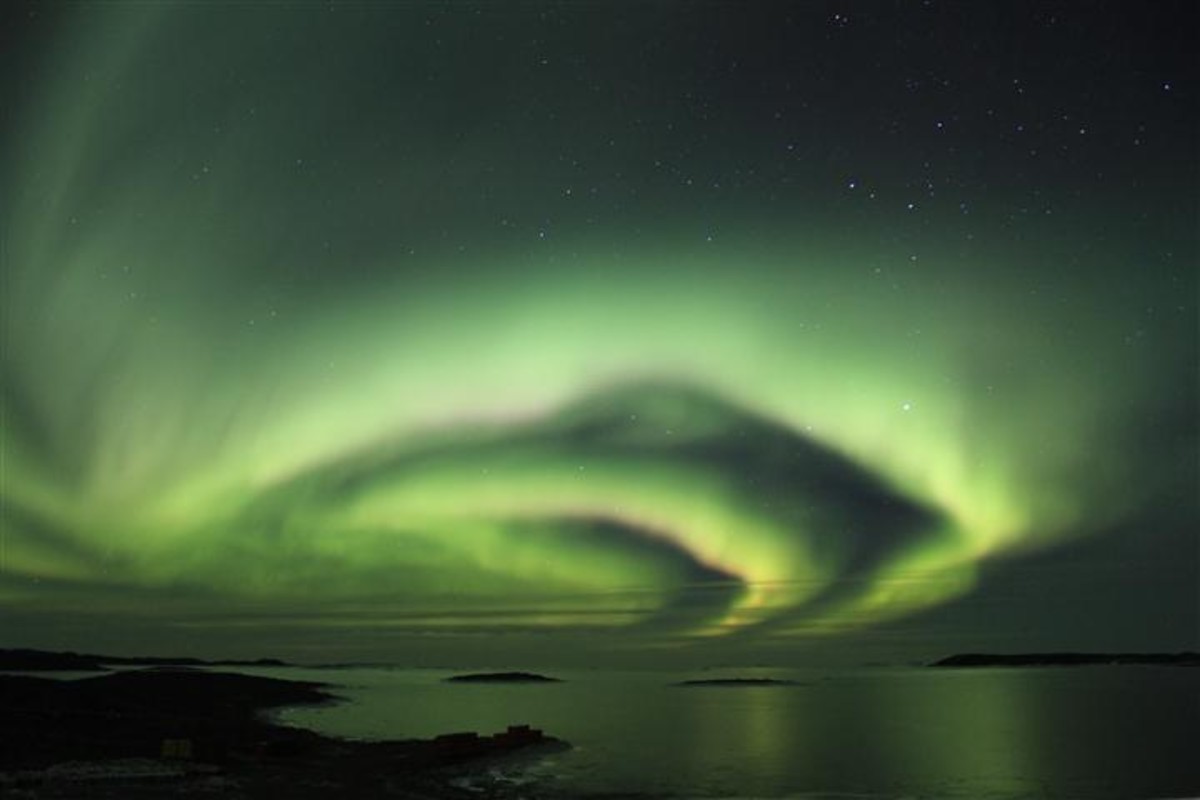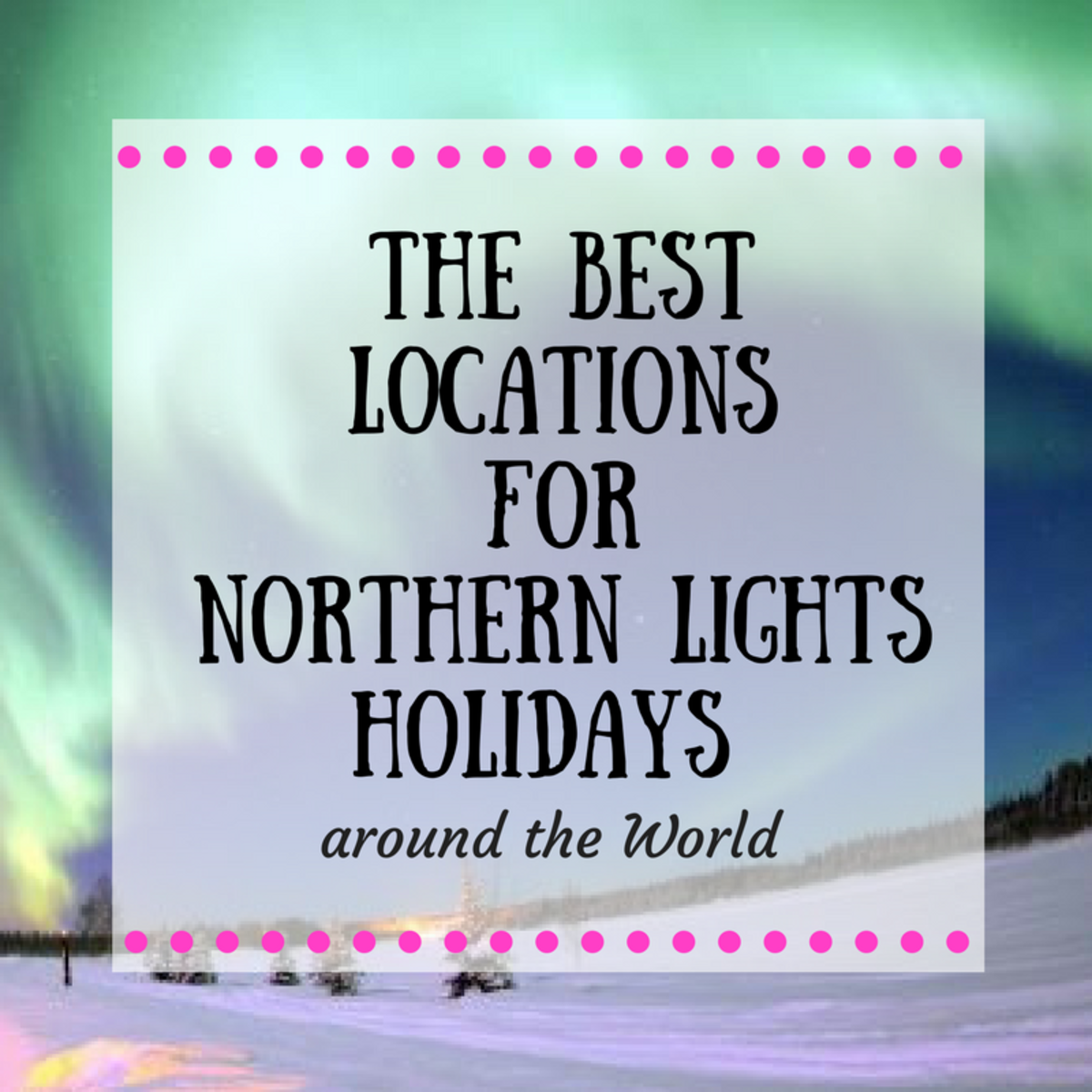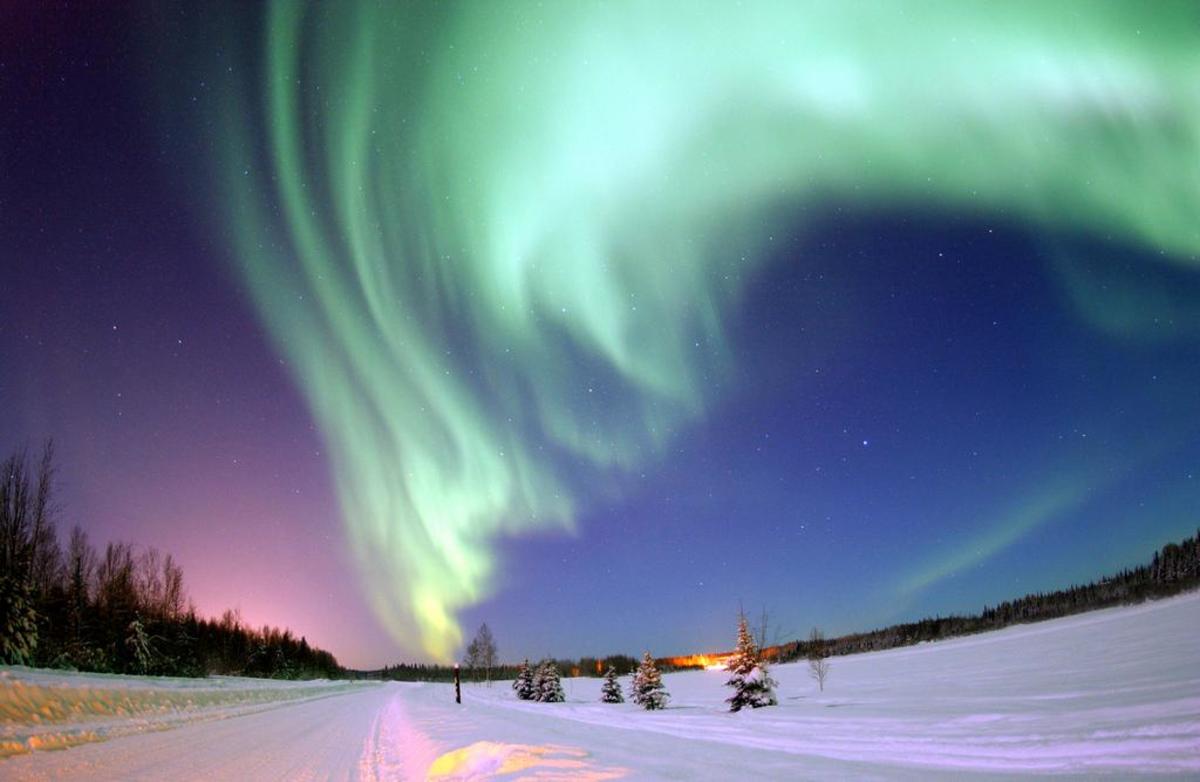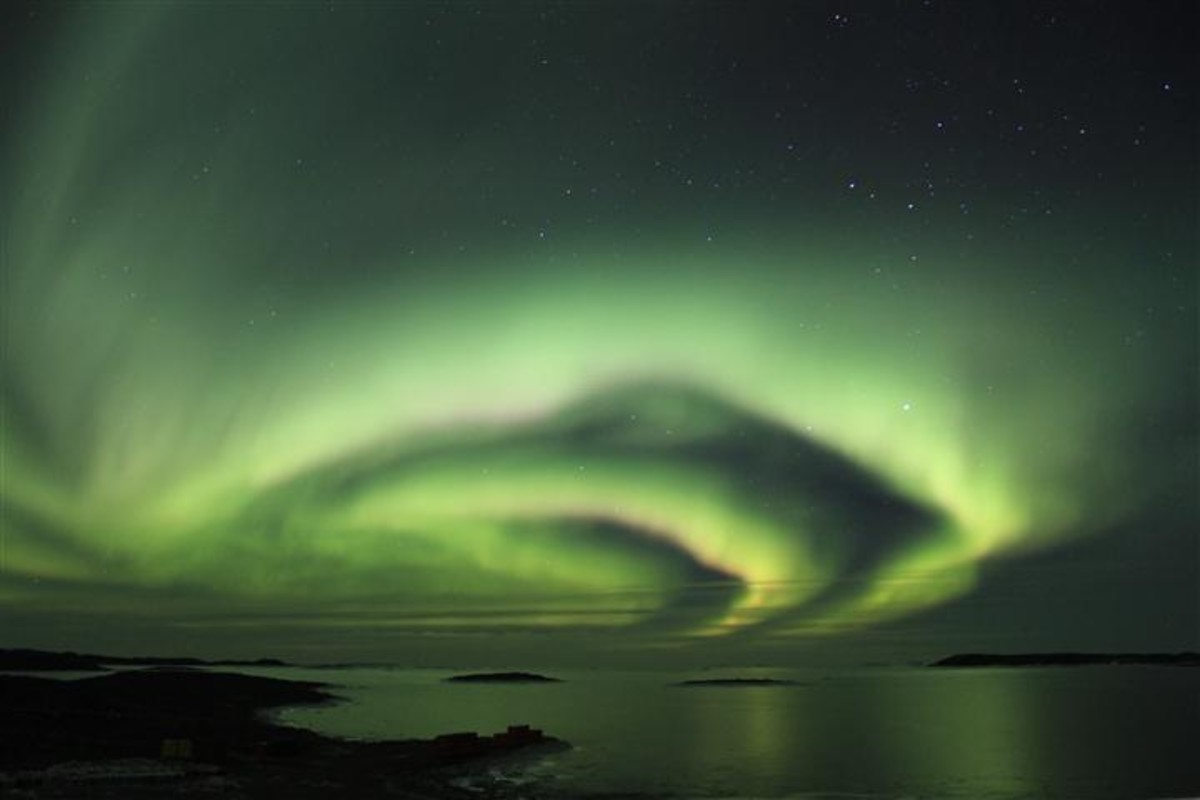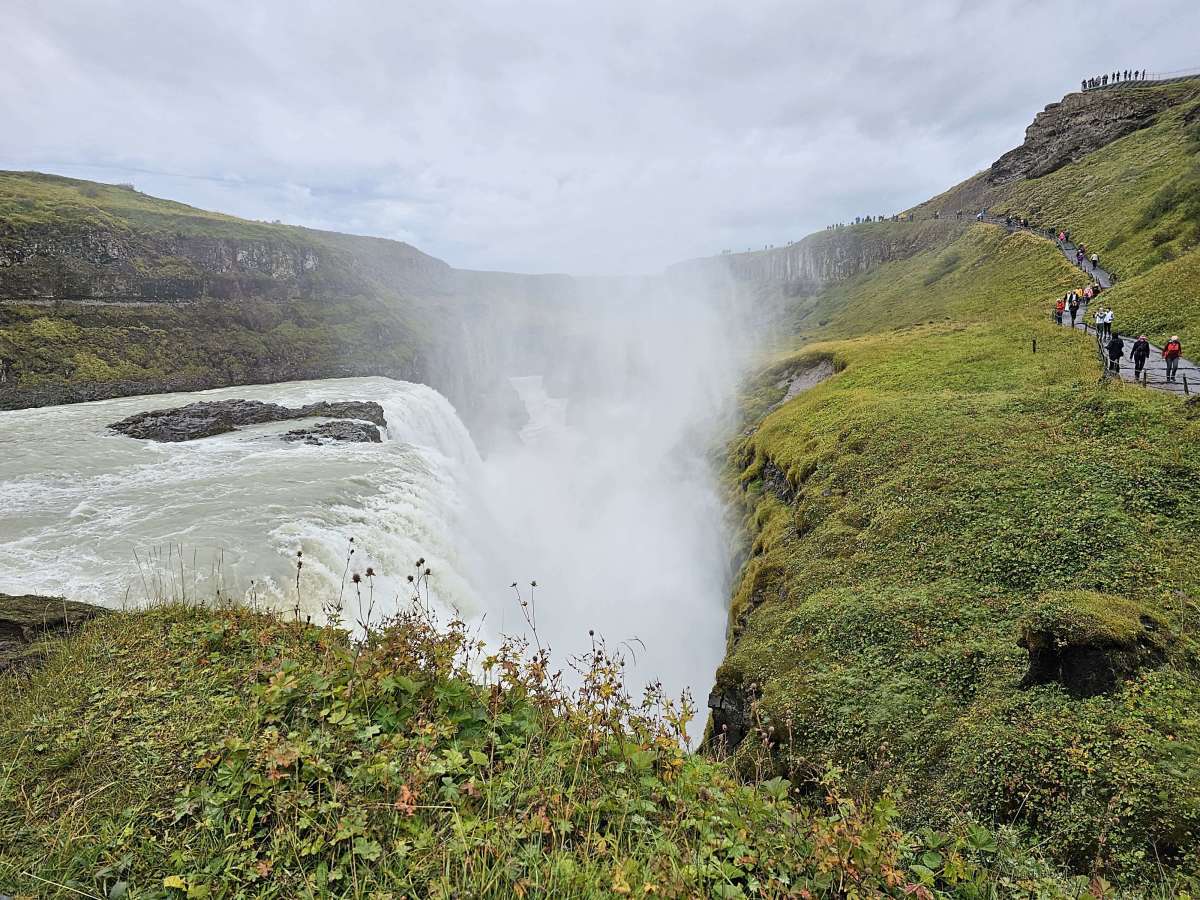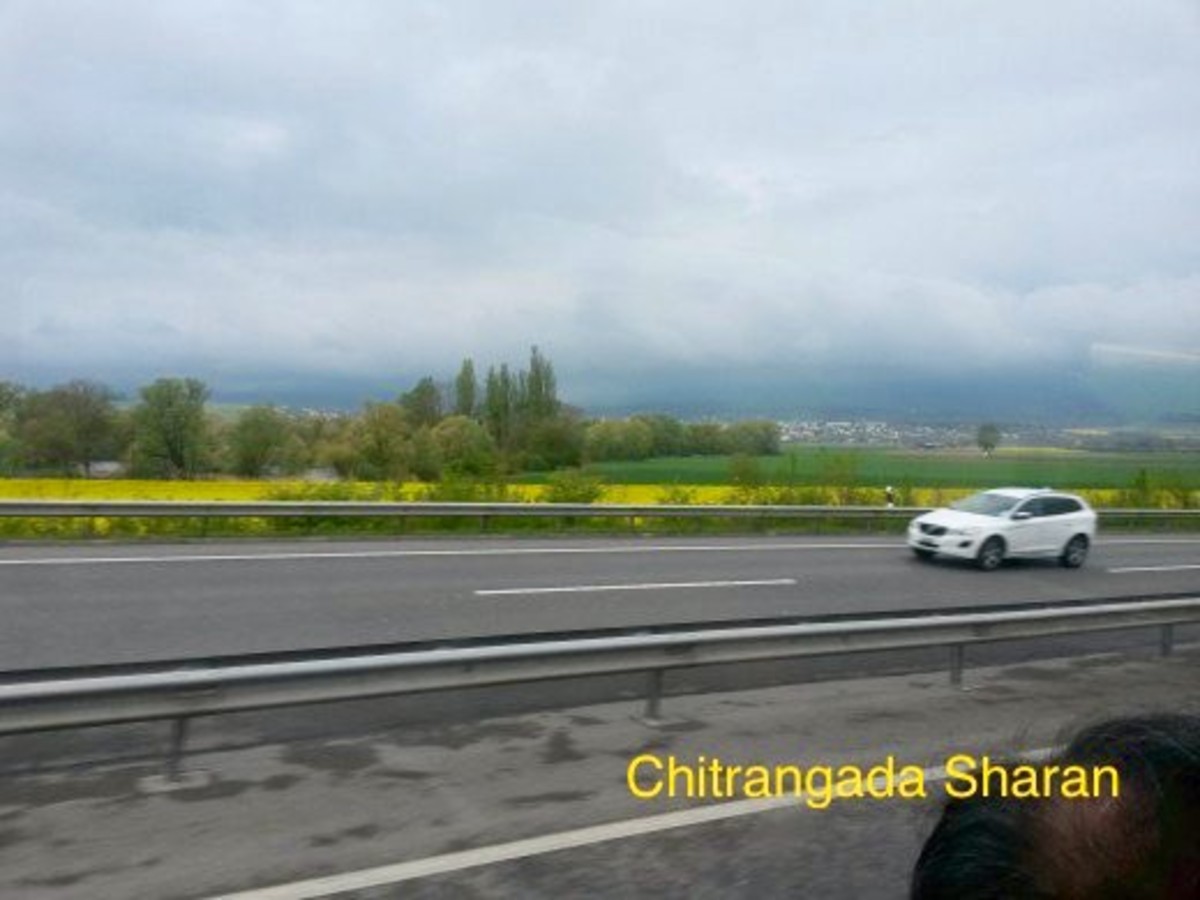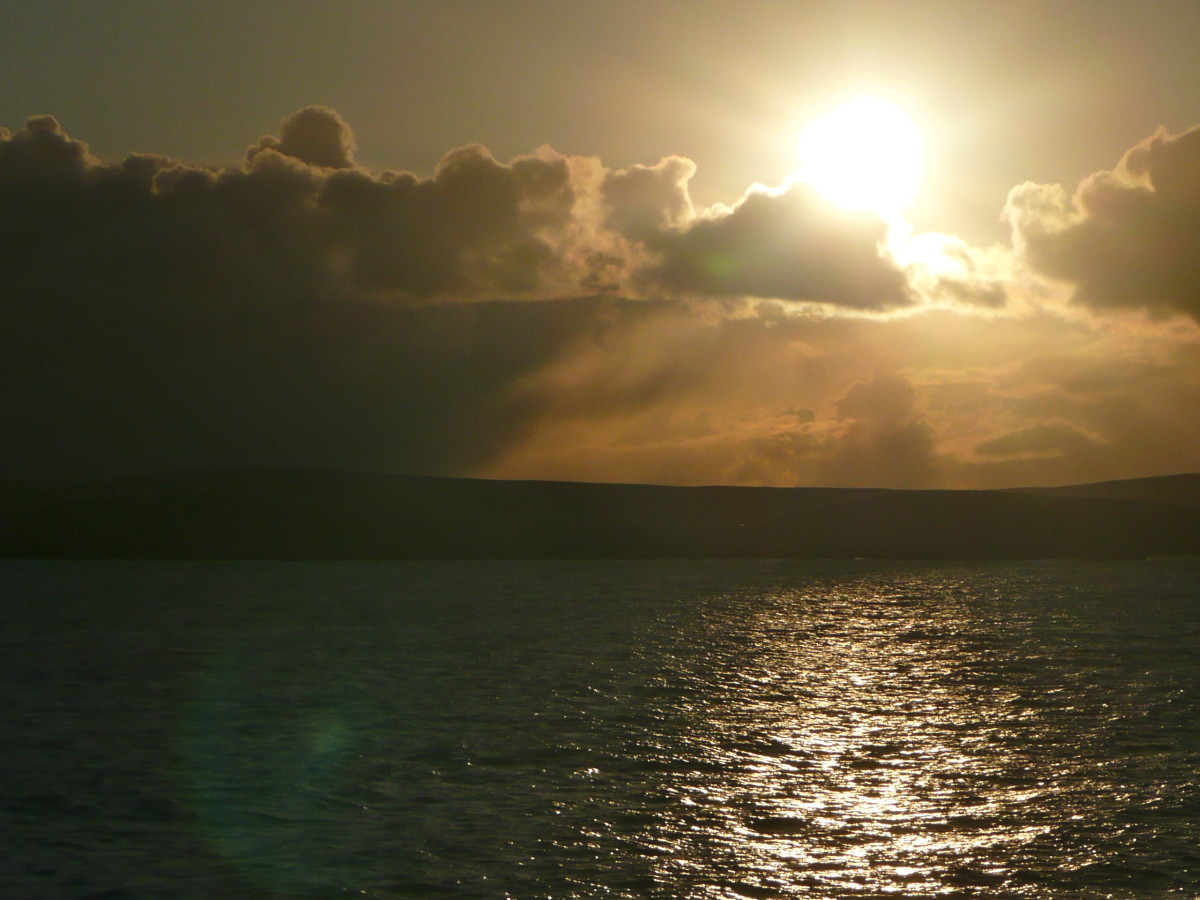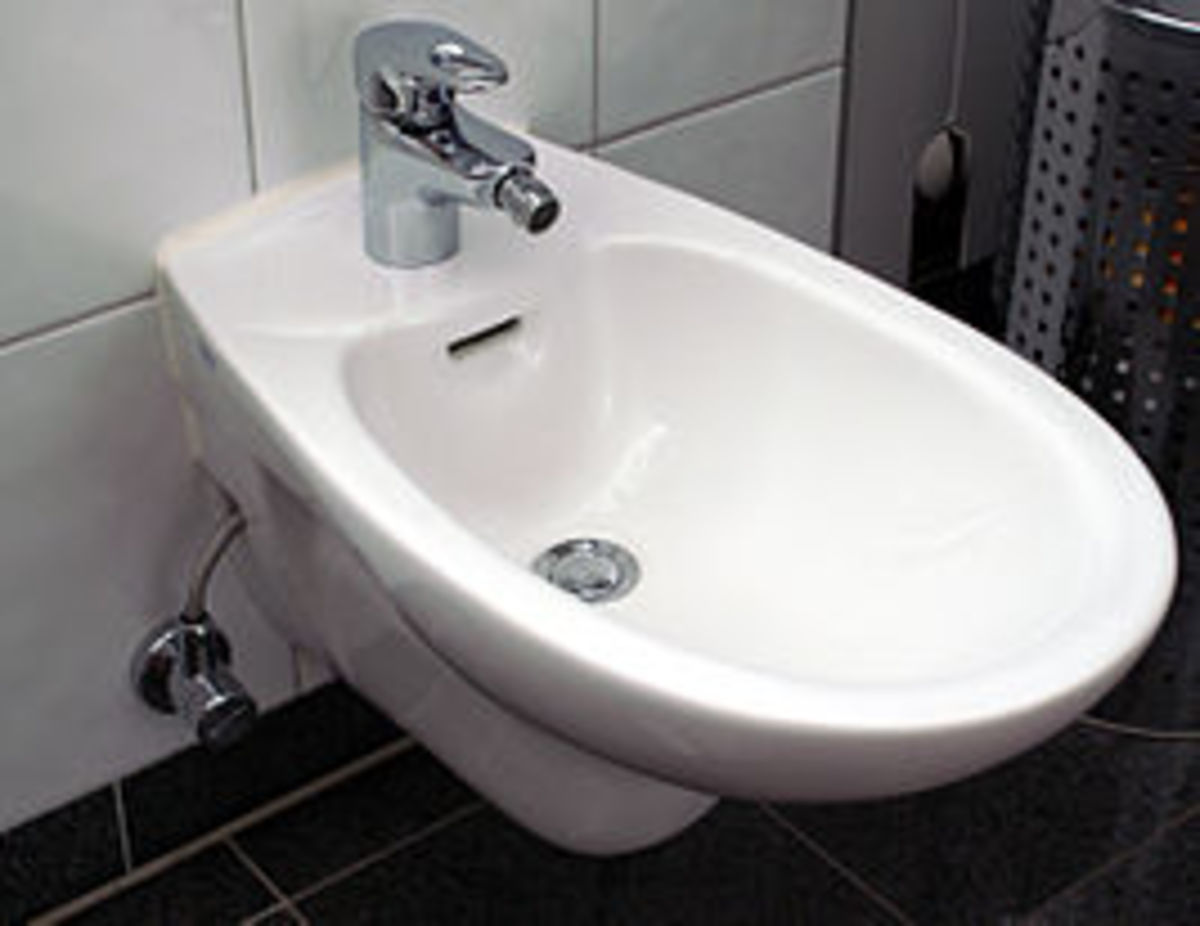When Can You See The Northern Lights In Scotland?
Today we are going to be taking a look at when you can actually see the Northern Lights in Scotland. We will tell you the likelihood of seeing the Aurora Borealis in Scotland and also what kind of conditions you need to look for to give you the best chance of seeing something. If you want to see the Northern Lights from Scotland then this page will tell you just how to do that.
The Aurora Borealis to give it it’s scientific name is the spectacular light show that often takes place high in the Northern Hemisphere. This stunning phenomenon is something that many people travel along way to see, but the reality is that you can often catch a glimpse of the Aurora from Quite a long way south. Every so often the people of Scotland catch a glimpse of the Northern Lights. So if you are wanting to see something, when is your best chance to catch a glimpse of this wonder of nature? Well let’s take a look.
The Northern Lights In Full Flow
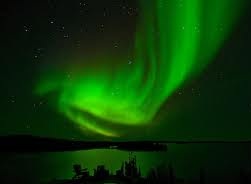
How Often Do You See The Northern Lights In Scotland?
So first of all let’s not give you false hope. The Aurora is not a regular visitor to Scotland. In fact some years you could sit up every night and not even spot a glow on the horizon. But don’t let this convince you that you are never going to see anything. In more active years the lights can be visible several times over the winter months. In times when the Aurora is very active you can get a display several nights in a row. It’s all down to timing. So how do you improve your chances of seeing something?
Well for the conditions to be right you need a very high level of activity from the Aurora. When the activity level is low, which is in most cases, you need to travel right up into Iceland, Norway or the north of Canada to be able to see anything. However, when there is more activity then this is your chance. The level of activity is measured on a scale that runs from 0 to 9. So a level 1KP reading means you have no chance of seeing anything. When the level starts reaching around the 6KP mark though, then the distance south the Aurora reaches starts to hit Scotland. A level 7KP or even 8KP means that you are quite likely to see something in the skies above Scotland.
The Aurora works much like the weather. It can be predicted a few days in advance. The light display is caused by solar particles entering our atmosphere. If there has been a solar storm then a few days later the Aurora Borealis will be at it’s most active. There are places you can get forecasts from that will be predict the level of activity. So how can increase your chances of seeing something?
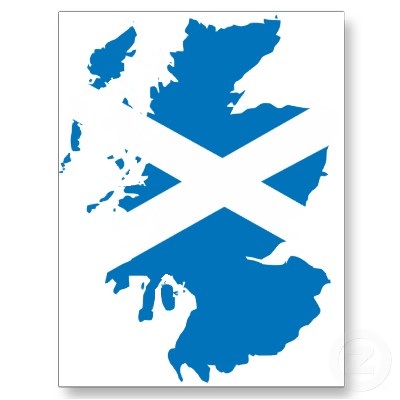
When Should You Look North?
So if you are in Scotland and you do want to see the Northern Lights when is your best chance of seeing something? Well obviously you want it to be dark, the more hours of darkness the more likely you are to find success. So in the winter months you stand a better chance. Usually between October and April are your best times of the year. Another factor to take into consideration is the long running Aurora cycle. This tends to last around eleven or twelve years. Some years there is very little activity whereas other years the Northern Lights are very busy. The good news is that the cycle is due to reach it’s peak in 2013. So the winter of 2012/13 and then the following winter of 2013/14 are the ideal times for Aurora spotting.
Another very important factor is the weather. One of the downsides of Scotland is that it is not blessed with many clear nights. You may have an incredible display going on but not be able to see anything due to thick cloud cover. So you need to check the weather forecast and hope for some clear night skies. Along with that you want to make sure you are far enough away from any light pollution from towns and cities. Another factor is moonlight, if there is a bright full moon, this will decrease the chances of viewing the lights ever so slightly.
Aurora From Shetland Isles
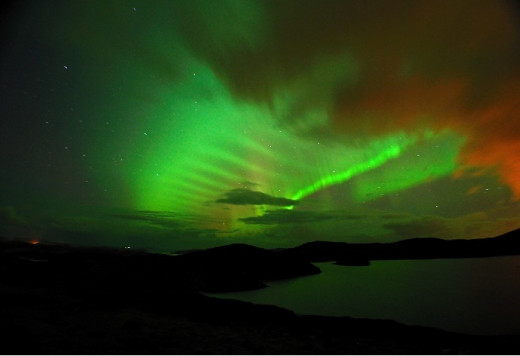
Where To See The Aurora In Scotland
Although Scotland is not nearly as big as many other countries, it does still run a few hundred miles from north to south. This means some spots are far better for viewing the lights than others. The more heavily populated areas of Glasgow and Edinburgh lie in the south of the country, and these areas are less likely to get many viewing opportunities. For the best spots you want to be heading as far north as possible.
Some of the best locations are without a doubt on the Shetland isles. These isles sit around 80 miles of the northern tip of the Scottish mainland. On the mainland there are plenty of good viewing spots that face north on the coast, the pick of these is probably Durness. Some other great locations include some of the islands on the north-west coast such as Lewis and Skye. There is some spectacular scenery in the north of Scotland and if you pick a good spot up here then you do stand a decent chance of seeing something.
The Northern Lights are one of mother natures most spectacular events. You don’t have to travel high into the Arctic circle to stand a chance of seeing these. Although Scotland is quite a long way south, there are plenty of nights when you can see a wonderful bright green glow in the sky. Time your visit well and you could well catch a glimpse of the Aurora Borealis.

